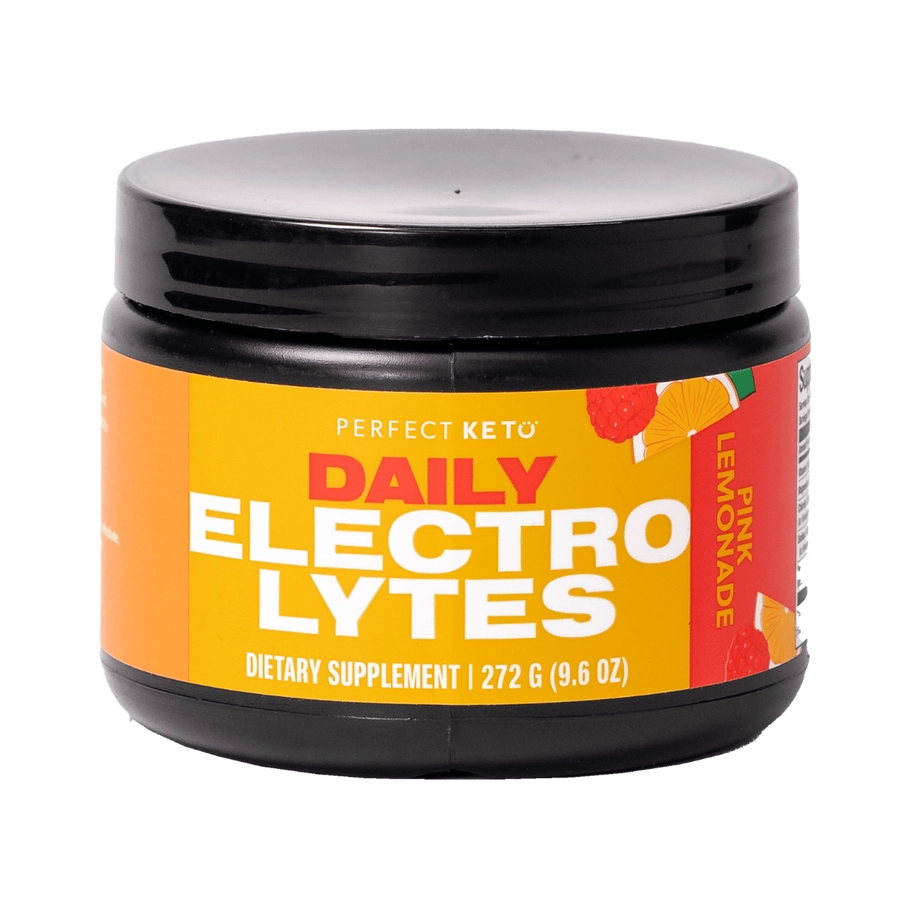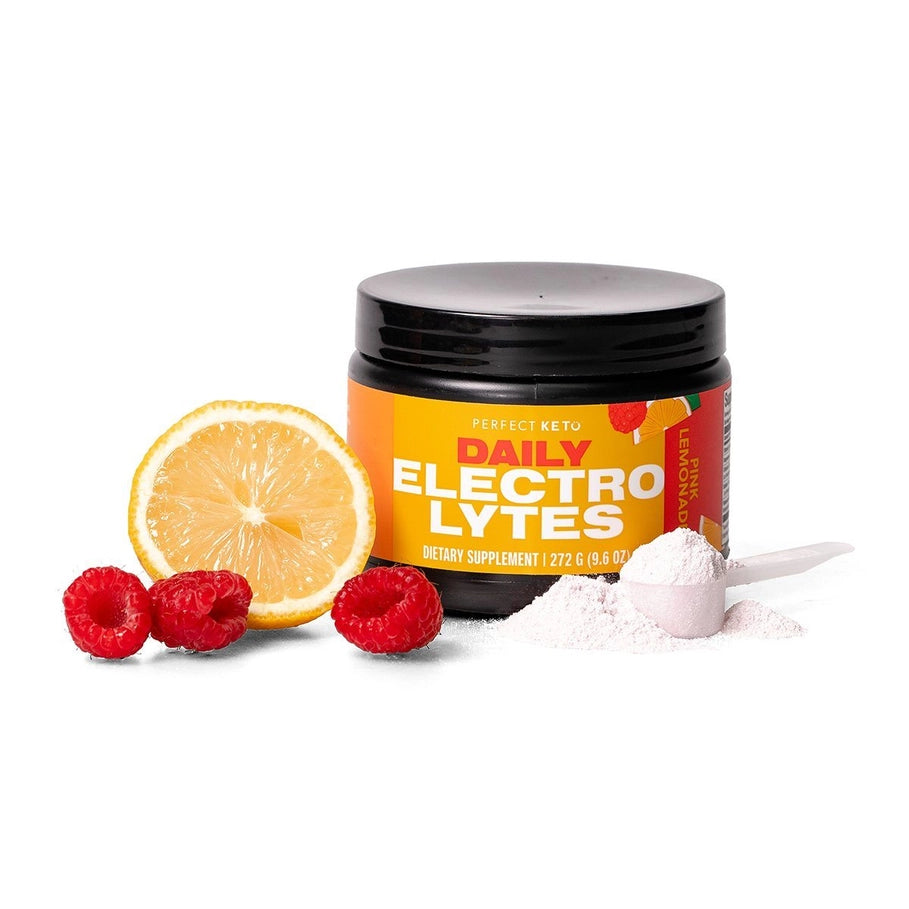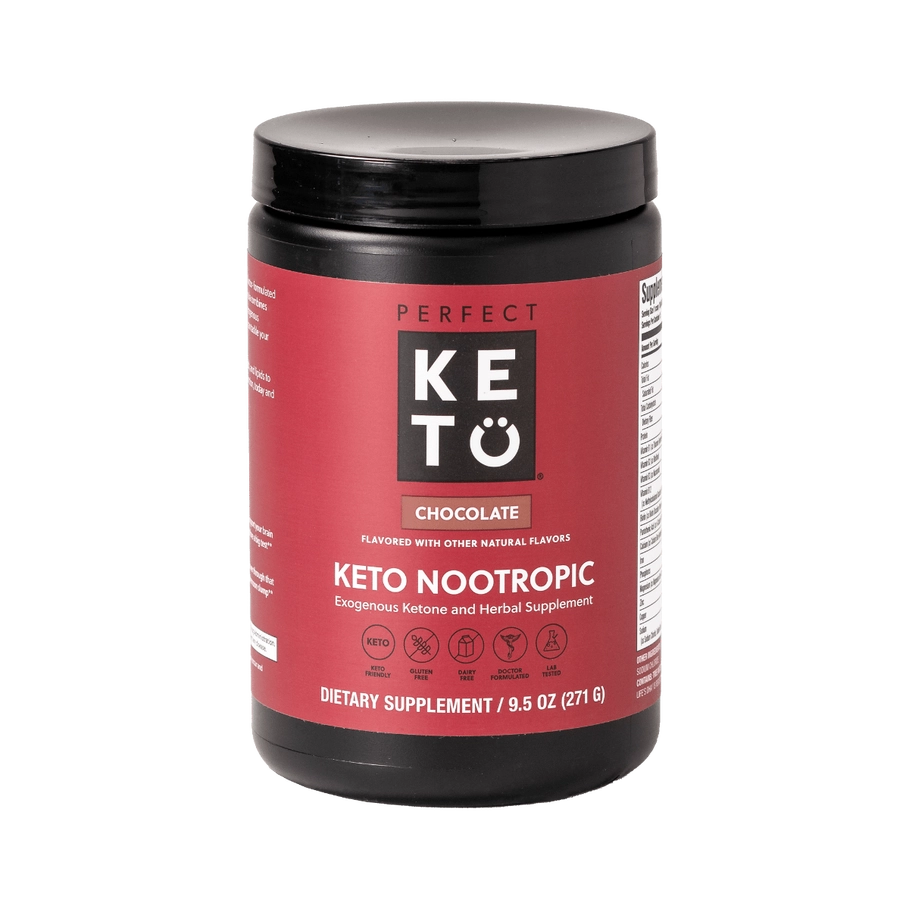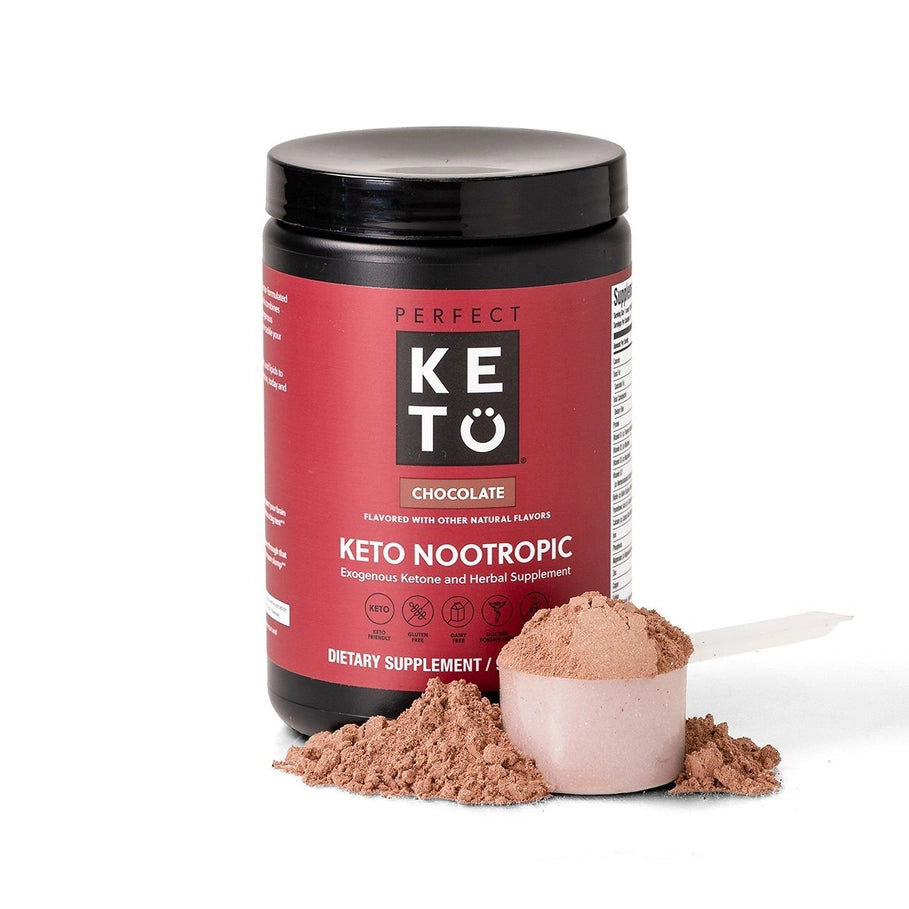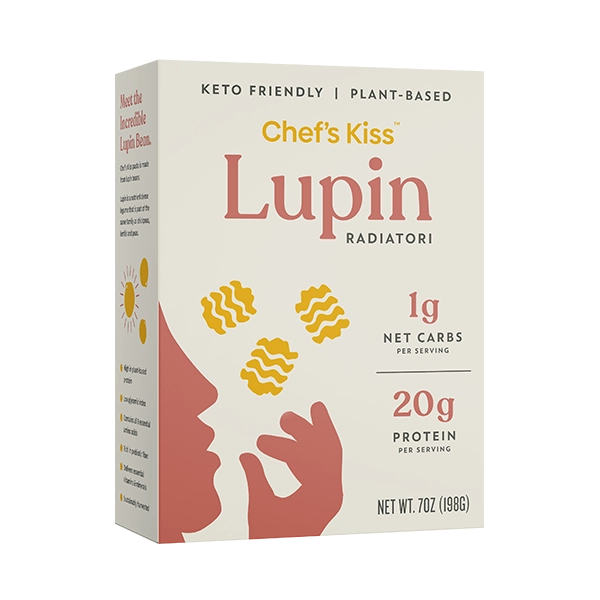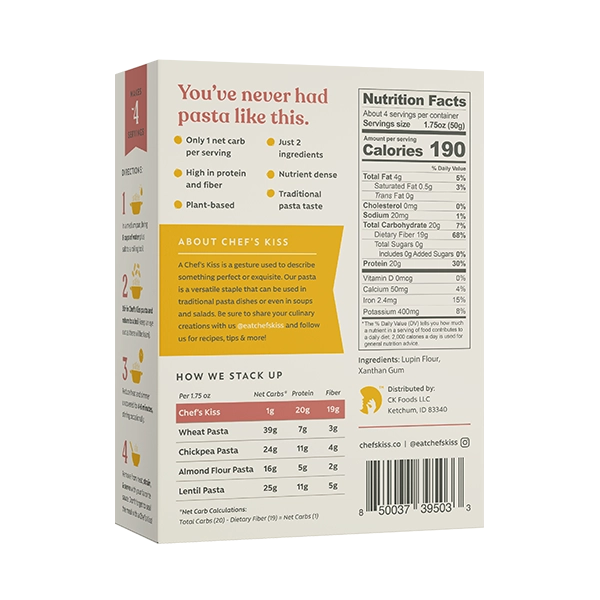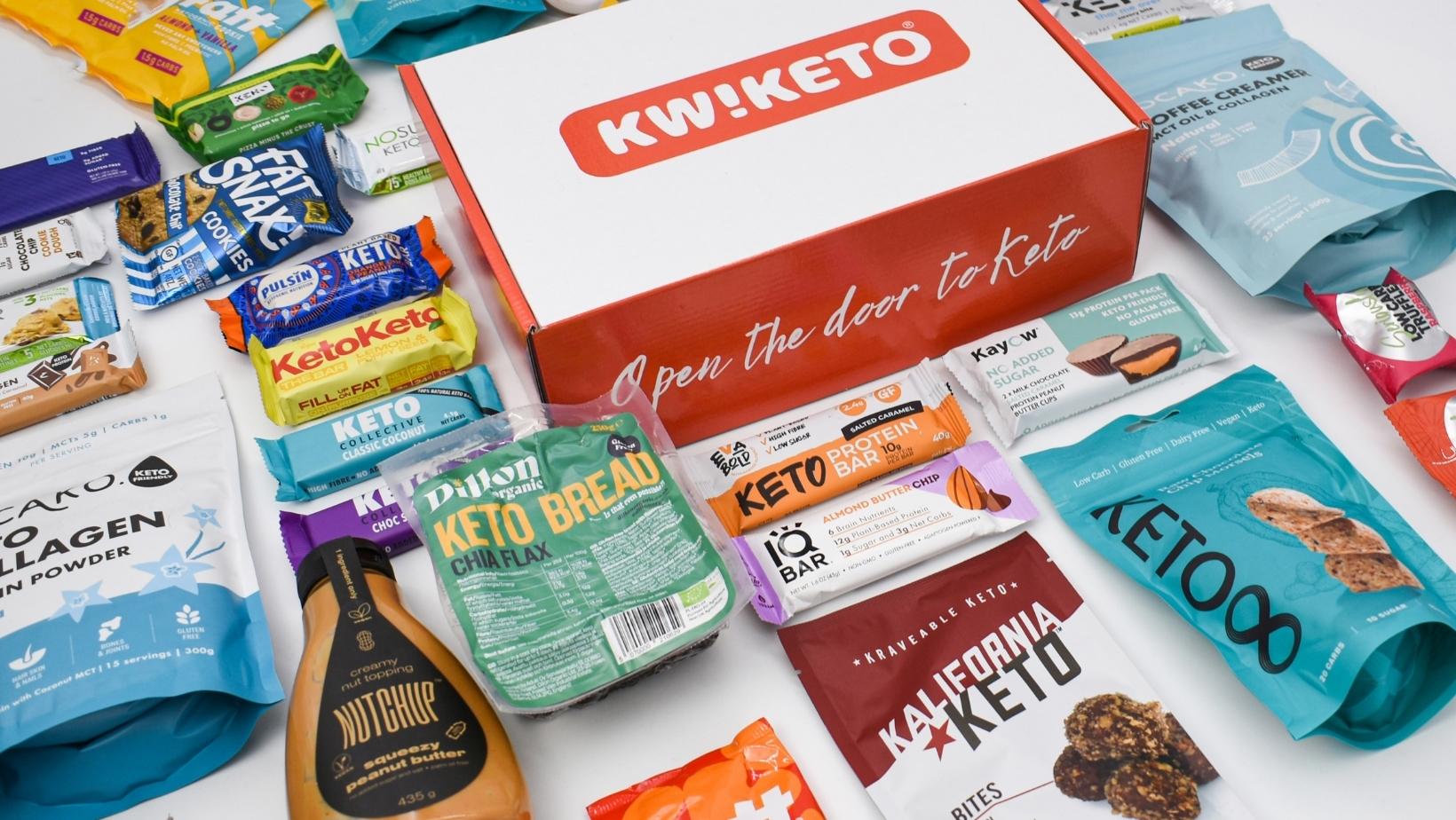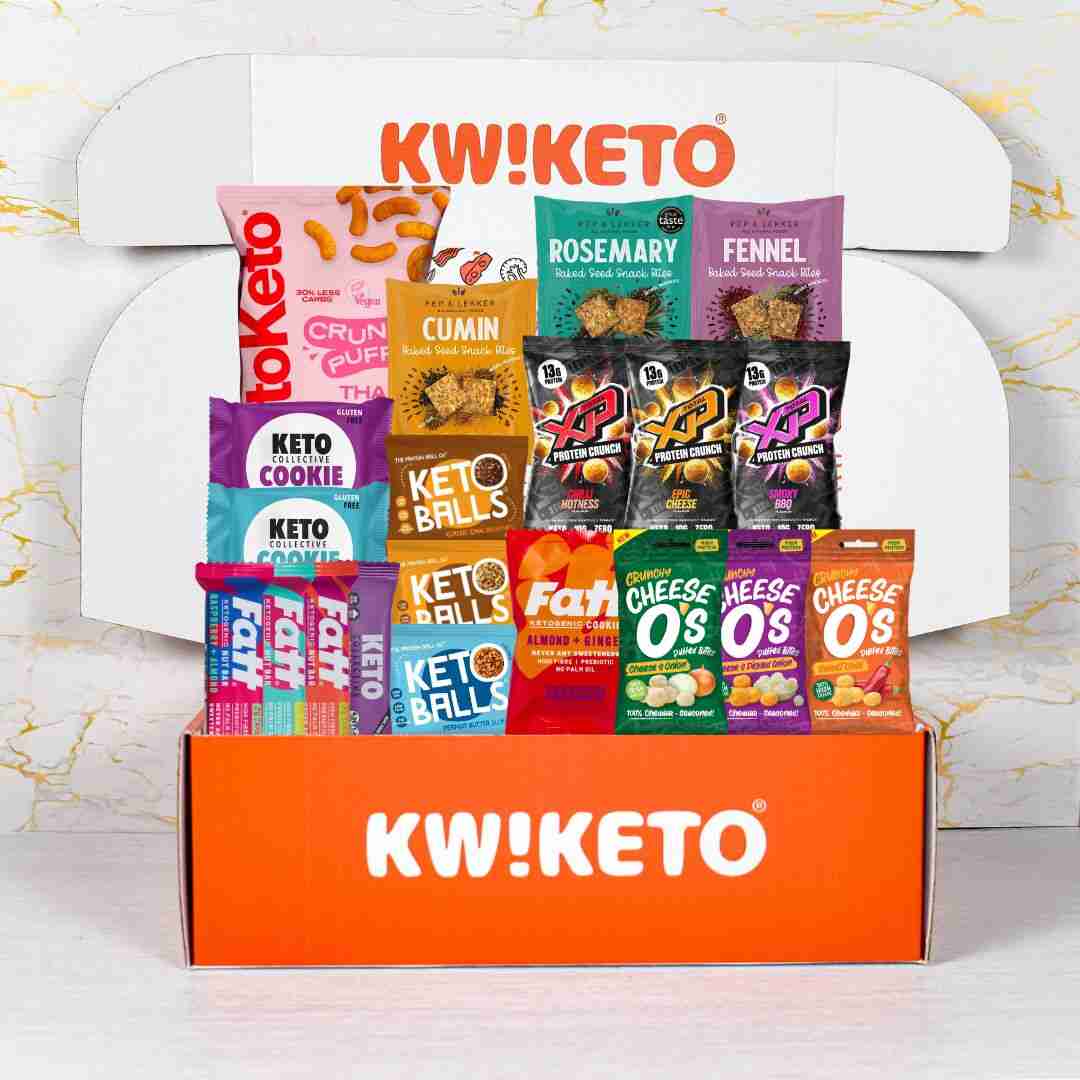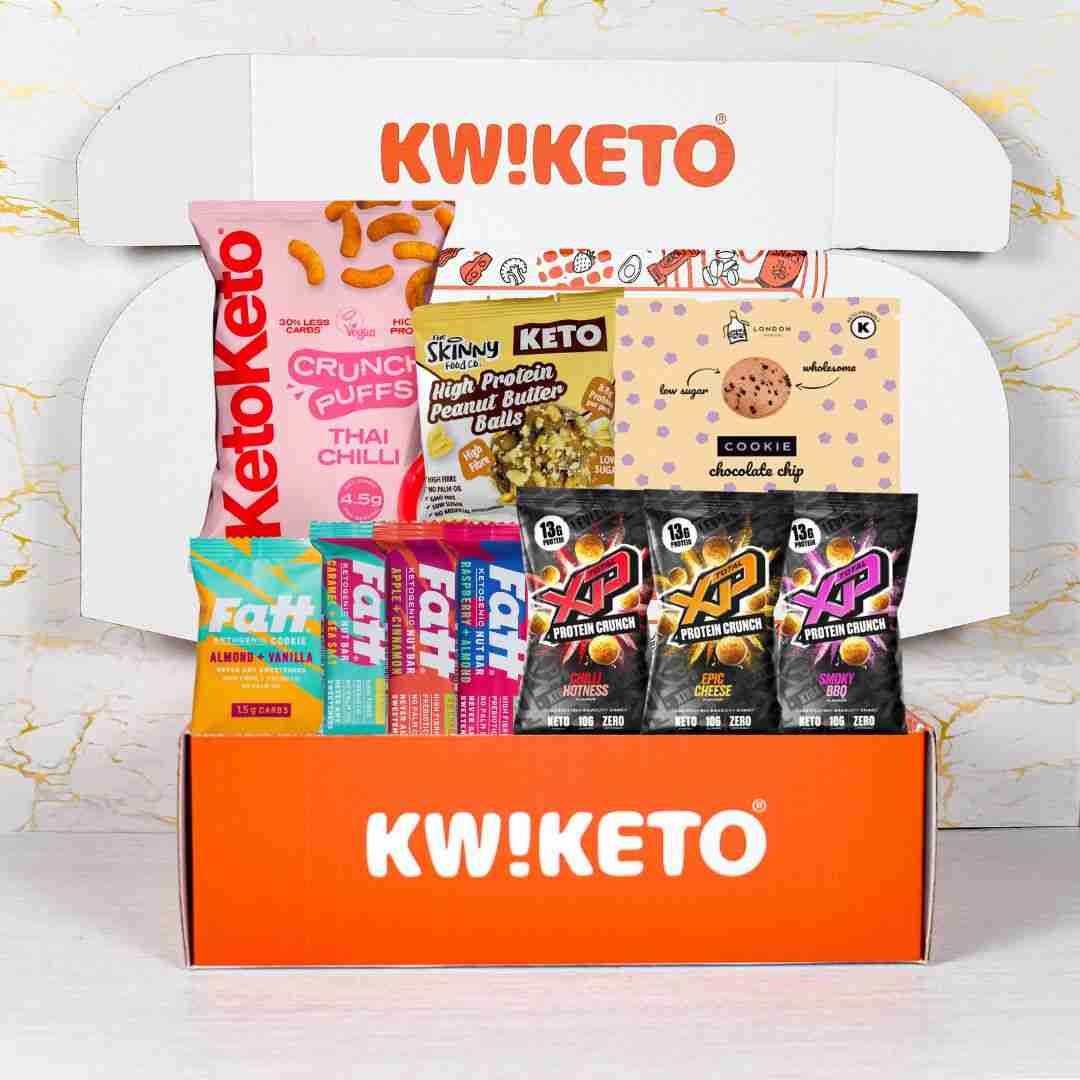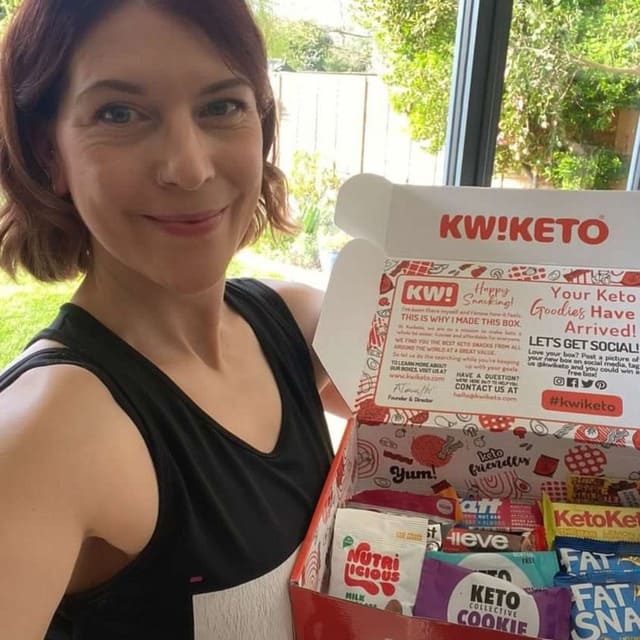
Keto for Prediabetes & Type 2 Diabetes
How To Avoid Prediabetes and Type 2 Diabetes with a Keto Diet
If you have type 2 diabetes, staying on track with your diet plan is essential for lowering and managing your blood sugar. But the ketogenic diet poses an additional challenge, especially for those who are newly diagnosed. This high-fat, low-carb eating plan has numerous benefits — including weight loss and better management of type 2 diabetes. However, it’s not as simple as just cutting out carbs. When following a keto diet, you'll need to monitor your calories and macronutrients carefully to avoid falling into either prediabetes or type 2 diabetes. These conditions occur when the body has trouble processing carbohydrates properly or creating enough insulin in response to elevated glucose levels. Learning how to manage your carb intake while still getting the nutrients you need can be tricky, but this guide will help you get started.
Know the Difference Between Prediabetes and Type 2 Diabetes
Prediabetes and type 2 diabetes are both referred to as “low blood sugar disorders.” While they both have similar symptoms, they occur for different reasons and require different interventions. Prediabetes is diagnosed when your blood glucose levels are higher than normal. But not high enough to be considered type 2 diabetes. It’s often referred to as a “pre-disposition” because other factors, such as age, genetics, and lifestyle choices, can increase your risk of falling into type 2 diabetes. Type 2 diabetes is a lifelong condition that occurs when the body can’t make enough insulin or doesn’t properly use the insulin it makes. Over time, it can greatly increase your risk of developing serious health conditions, such as heart disease and kidney disease.
How to Avoid Falling into Prediabetes with a Keto Diet
The best way to prevent falling into prediabetes is to practice healthy eating habits. The best way to do this on a keto diet is to watch your carb intake, get enough fiber, and consume plenty of minerals like calcium, magnesium, and potassium. With a keto diet, you’ll likely consume less fiber than you did before — which can increase your risk of developing deficiencies.
Consider adding more fiber-rich foods, such as nuts and seeds, fermented foods, and chia seeds, to your diet. To avoid falling into prediabetes while following a keto diet, you’ll need to monitor your carb intake and blood glucose levels regularly. A healthy carb intake varies based on your age, gender, and activity level. To find out how many grams of carbs you should be eating each day, you can use a keto calculator. You should avoid exceeding your daily carb intake to help keep your blood glucose levels normal.
How to Avoid Falling into Type 2 Diabetes with a Keto Diet
Avoiding type 2 diabetes with a keto diet is about more than just carb monitoring. You’ll also need to make sure you’re getting enough fiber and all of the essential micronutrients. To help lower your risk of developing type 2 diabetes, you should aim to get at least 25 grams of fiber per day. The best sources of fiber are whole foods like vegetables and nuts. You should also make sure that you’re eating a balanced diet that contains the essential micronutrients. A diet rich in all essential nutrients is vital for supporting your health and managing your blood glucose levels. Fortunately, following a keto diet can help you meet many of your daily nutrient needs. You can use this table to see how a keto diet could help you meet your micronutrient needs.
The Problem With Too Many Carbs on the Keto Diet
When following a keto diet, you’ll likely consume fewer carbohydrates than you did before. However, consuming too few carbohydrates can increase your risk of falling into prediabetes. A healthy carb intake varies based on your age, gender, and activity level. For example, a woman who’s 75 years old should consume between 45 and 65 grams of carbohydrates per day. A man who’s 65 years old should consume between 30 and 45 grams of carbohydrates per day. You can find carb information for various foods and drinks in the Atkins Carb Tracker. You can also use this table to see how the carbohydrate content of various foods can impact your blood glucose levels. While following a keto diet, it’s important to consume some carbs. Consuming too few carbohydrates can lead to nutrient deficiencies and a reduced ability to properly process glucose.
The Problem With Too Many Proteins on the KEO Diet
There’s no maximum protein intake for keto dieters compare to carbs. However, consuming too many proteins can increase your risk of developing kidney disease. Additionally, consuming too many proteins can increase your risk of falling into type 2 diabetes. To help prevent these conditions, you should limit your protein intake to between 10 and 20% of your daily calories. If you’re following a keto diet, it’s easy to consume too much protein. Many keto-friendly foods, such as meat and dairy, are also high in protein. While following a keto diet, be sure to carefully monitor your protein intake to avoid prediabetes or type 2 diabetes.
The Bottom Line
The ketogenic diet is an effective tool for managing blood sugar levels and improving health. However, it’s important to follow the diet carefully to avoid falling into prediabetes or type 2 diabetes. To avoid these conditions, you’ll need to monitor your carb intake, fiber, and eat a balanced diet rich in essential nutrients. Make sure to also carefully monitor your blood glucose levels to help prevent dangerous health complications.

